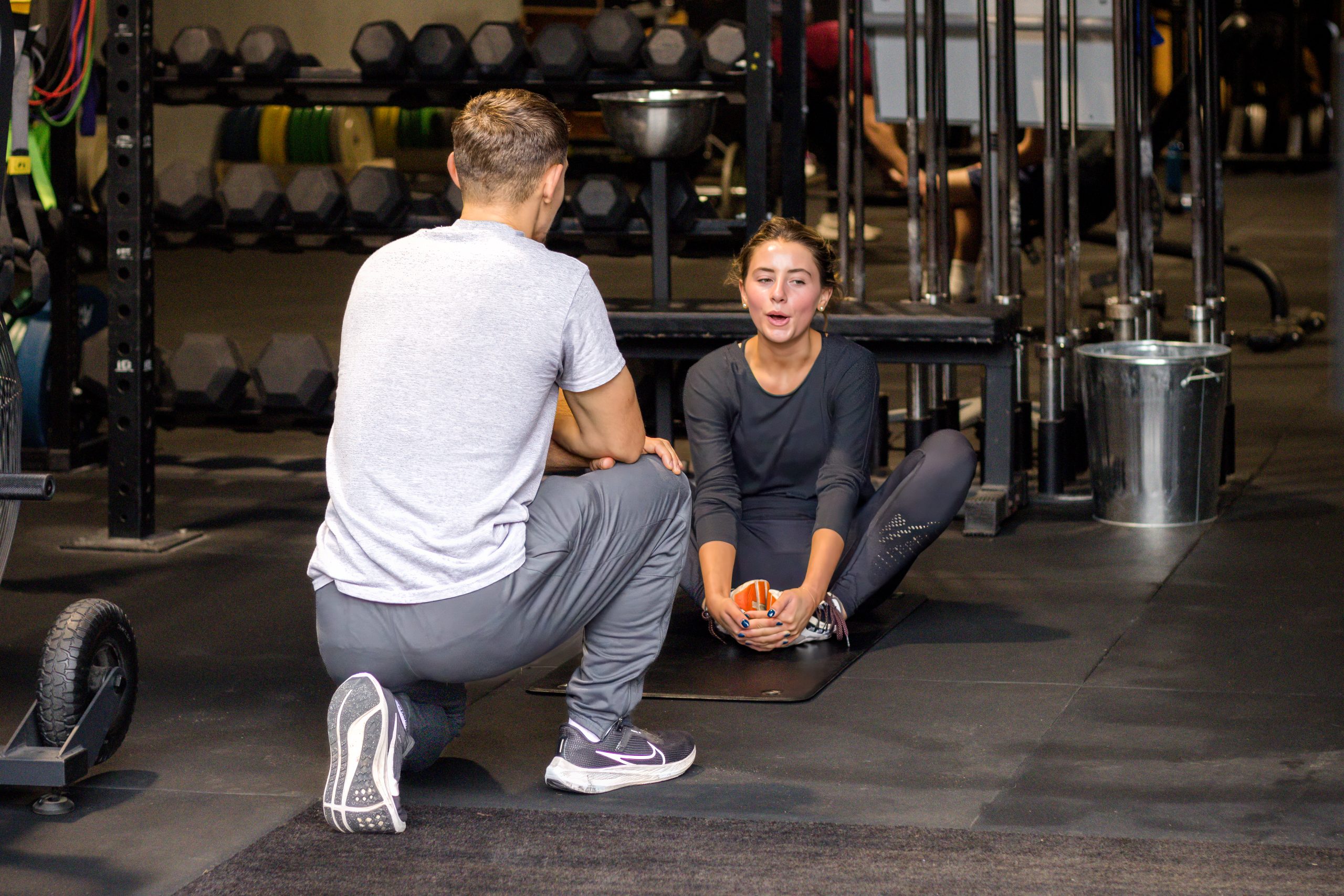The current advice tells us kids need 60 minutes of daily activity, but let’s be honest: most kids don’t reach it. This is a huge problem. As providers of youth strength and conditioning Ascot we the signs—kids walking less, quitting sports early, and swapping play for screen time. The results? Serious health and learning problems for future generations. Clearly, simply saying “go play” doesn’t work.
Therefore, we need a new plan. We must move past just counting time and understand why kids stay active. We’ve adopted the 9 “F-Words” framework to make this complex issue simple. This approach, inspired by work with children with disabilities, gives us a full picture of what truly drives long-term movement, linking a child’s environment, their body, and their mind. Ultimately, this is the strategy NK Fitness uses to deliver effective Youth Strength and Conditioning Ascot.
Part 1: Your Child’s Fitness Ecosystem (Socioecological Factors)
Fitness is a learned habit, and the environment shapes it. First, consider the world around your child:
- Family: Parents and siblings must become active role models. When your family values movement, your child learns to value it too.
- Facilitators: Teachers, coaches, and health providers need to guide low-active children. These experts know how to overcome physical limitations and other barriers.
- Facilities: Schools and parks must offer safe, walkable places to play all day long. Crucially, these spaces encourage daily movement.
Part 2: Building a Competent Body (Physiological Factors)
If movement feels hard, kids quit. We must build a strong, capable body. Consequently, our training focuses here:
- Force (Strength): Today’s kids are often weaker than past generations. Therefore, strength-building activities are essential for every child, not just athletes. Supervised resistance training provides a safe, effective foundation.
- Fitness: We integrate exercises that improve both heart health and muscle function. Ultimately, this holistic approach builds resilience.
- Function (Skills): Children need to master fundamental skills like jumping and throwing. Competence builds confidence, and confidence drives continuous participation.
Part 3: Mastering the Mindset (Psychological Factors)
Kids move for simple reasons: fun and excitement. Moreover, a positive feeling about fitness guarantees success.
- Fun: Activities must be enjoyable! We must move beyond using exercise as a punishment. Enjoyment is the biggest predictor of a child staying active.
- Feelings: We foster a positive attitude about moving—this is physical literacy. When kids feel capable and confident, they seek out active play.
- Future: We design programs that last. We must shift our view to long-term health, ensuring early positive experiences lead to a healthier future.
Taking Action with Youth Strength and Conditioning Ascot NK Fitness
Youth inactivity is complex, but the solution doesn’t have to be. We use the 9 “F-Words” to create custom plans for every child.
Specifically, our Youth Strength and Conditioning Ascot programs at NK Fitness:
- Prioritize Strength (Force): We lead safe, tailored strength sessions to build a robust physical base.
- Develop Skills (Function): We teach and reinforce fundamental movement patterns, making kids confident movers.
- Ensure Quality (Fun & Feelings): We focus on positive reinforcement, ensuring every session is engaging and fun.
In summary, we don’t just count minutes; we invest in skills, strength, and confidence. Consequently, our clients build a genuine love for movement that lasts a lifetime.
Ready to stop battling screen time and start building a strong, healthy future for your child?
Contact NK Fitness today and discover the proven benefits of professional Youth Strength and Conditioning Ascot.
